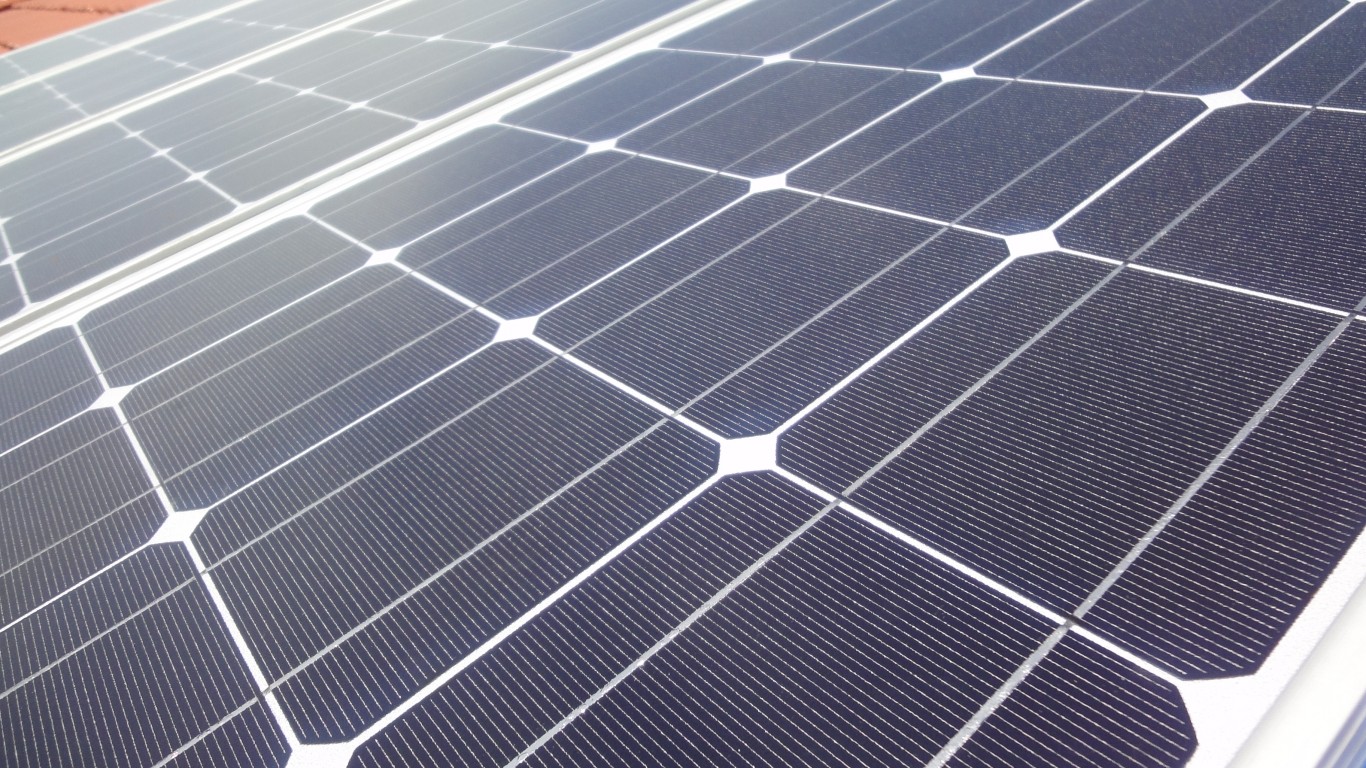
Amazon (NASDAQ: AMZN) is easily one of the most dominant forces in the market. In fact, Amazon stock has helped drive the market recovery in the S&P 500 since the COVID-19 pandemic hit. While the company may be seen as a threat to practically every industry, it can arguably be a force for good as well.
The Dow Jones industrial average and S&P 500 are down 10.8% and 5.5%, respectively, year to date. The stock market is still in recovery, but as vaccine prospects improve so do stock prices. Amazon influences the markets in general because its market cap of $1.23 trillion makes it one of heaviest weighted companies in the S&P 500 index.
As Amazon stock has risen, so has the S&P 500. And as the markets rally, more investors become optimistic, which should ultimately lead to an economic recovery. The online retailer is very much a force for good in this case.
However, there are more questions about Amazon. Many companies fear Amazon as it is capable of breaking into practically any industry and taking over. But is Amazon making life better or just being greedy? If Amazon, and it’s man at the helm, can shift its image as a market “Death Star” to a more progressive company, Amazon stock might only grow from here.
Powering a Brighter Tomorrow
More companies have been moving towards carbon neutrality and renewable energy, but Amazon looks to be leading the pack. The company recently announced five new utility-scale solar projects that will power its global operations in China, Australia and the United States.
Amazon’s goal is to reach 80% renewable energy by 2024 and 100% renewable energy by 2030. However, there is talk that it could hit 100% by 2025. The ultimate objective is to reach net zero carbon by 2040.
Once these projects are complete, they will collectively boast 615 megawatt (MW) of installed capacity. This will supply roughly 1.2 million megawatt hours (MWh) of additional renewable energy for the company’s fulfillment network and Amazon Web Services (AWS) data centers, which power Amazon and millions of customers globally.
For the U.S., Amazon is targeting Ohio and Virginia. There will be two new projects in Ohio, a 200 MW and an 80 MW solar project. In Virginia, Amazon is building a 130 MW solar project, which will make a total of 12 in that state. Once completed, these three projects would have the capacity to power 69,000 average U.S. homes each year.
Looking forward, Amazon has announced 31 utility-scale wind and solar renewable energy projects and 60 solar rooftops on fulfillment centers and sort centers around the globe. Collectively, these projects will offer over 2,900 MW of capacity and deliver more than 7.6 MWh of renewable energy annually. This much energy would be enough to power 680,000 U.S. homes.
Brighter for Whom?
Wealth inequality has been a hotly contested topic in this country for some time, and more gas has been thrown on the fire. Amazon CEO Jeff Bezos may very well become the world’s first trillionaire, according to Comparisun.
Comparisun is a firm that allows small- to medium-sized businesses to compare different business products. The firm does data analytics and consulting work, as well.
In forecasting who the world’s first trillionaire would be, Comparisun believes that this could happen as soon as 2026. The firm said its projection is based on the average percentage of yearly growth over the past five years, and the application of this growth rate to the coming years.
Comparisun showed that Bezos’ net worth increased by an average of 34% over the last five years. So applying this number to his $143 billion fortune, six years seems reasonable.
This forecast was met with anger on social media as people who have been impoverished by the coronavirus slammed the would-be trillionaire. It makes sense that people would be mad at this projection, as most U.S. citizens only received a $1,200 coronavirus stimulus check while Amazon stock is currently at all-time highs and making billions for its shareholders.
A good question to ask is: Will Bezos put his newfound wealth towards something productive as Amazon has done with its renewable energy and net carbon zero goals?
Are You Still Paying With a Debit Card?
The average American spends $17,274 on debit cards a year, and it’s a HUGE mistake. First, debit cards don’t have the same fraud protections as credit cards. Once your money is gone, it’s gone. But more importantly you can actually get something back from this spending every time you swipe.
Issuers are handing out wild bonuses right now. With some you can earn up to 5% back on every purchase. That’s like getting a 5% discount on everything you buy!
Our top pick is kind of hard to imagine. Not only does it pay up to 5% back, it also includes a $200 cash back reward in the first six months, a 0% intro APR, and…. $0 annual fee. It’s quite literally free money for any one that uses a card regularly. Click here to learn more!
Flywheel Publishing has partnered with CardRatings to provide coverage of credit card products. Flywheel Publishing and CardRatings may receive a commission from card issuers.
Thank you for reading! Have some feedback for us?
Contact the 24/7 Wall St. editorial team.


